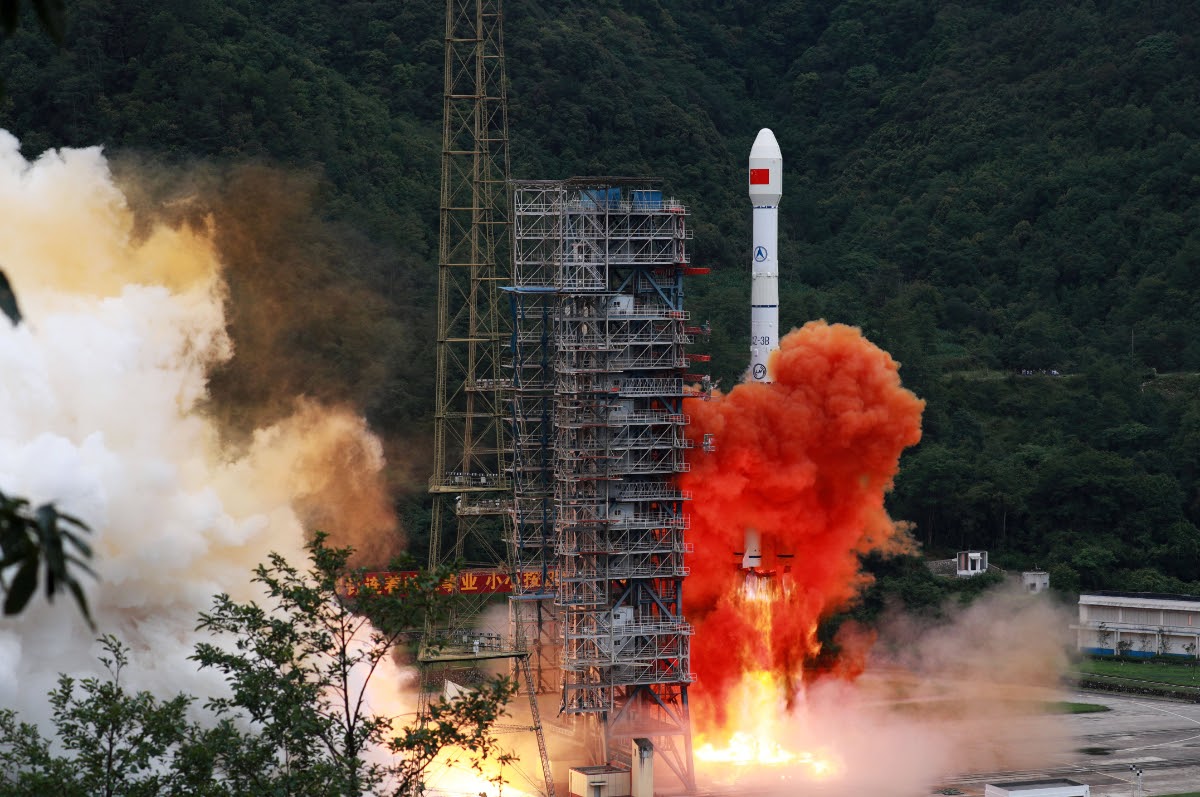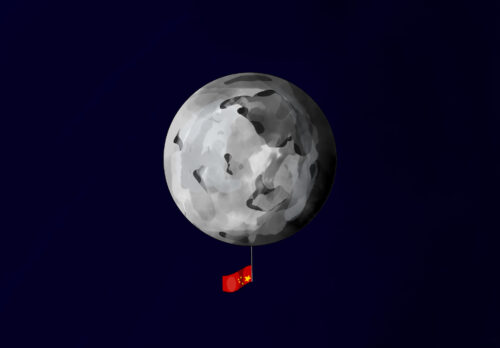China launches final satellite for BeiDou, its GPS competitor
China today completed a decades-long project to construct an alternative satellite positioning system to the U.S.–controlled GPS.

China today completed a decades-long project to construct an alternative satellite positioning system to the U.S.–controlled GPS.
The final satellite for the BeiDou Navigation Satellite System, launched on the morning of June 23 from Xichang Satellite Launch Center in Sichuan Province, has joined a constellation of Chinese satellites in three different types of orbits around Earth, according to SpaceFlight Now.
- It is the 59th BeiDou spacecraft launched since 2000 (some satellites have since been retired), and the 35th of a third generation of satellites launched since 2015.
- The system will provide global coverage, in competition with the American GPS, the Russian GLONASS, and the European Union’s Galileo.
- “Unlike other satellite navigation systems that can only send signals to terminals on the ground, Beidou can also receive signals,” per Sixth Tone. “This feature may make BeiDou useful in remote search and rescue missions, for example, when cellular signals are disrupted, according to the [Chinese Academy of Sciences].”
- The system is designed to “perform a wide range of functions for both the military and the public, with applications in sectors such as agriculture, disaster relief, finance, and more,” Sixth Tone says.
Fears of the U.S. cutting off access to GPS underlie China’s push to complete BeiDou. While preparatory work for China’s own satellite system began in 1994, “The development of BeiDou…was spurred by the loss of two missiles in 1996, fired across the Taiwan Strait with the aim of curtailing a perceived move toward independence by the self-ruled island of Taiwan,” according to the South China Morning Post. “Later analysis by Chinese scientists suggested that the missile failures could have been caused by disruptions to the GPS system.”
The BeiDou system is one part of China’s ambitious space program. For more, see our The China Project Signal — China’s space program is taking off — and an accompanying video on our YouTube channel.






